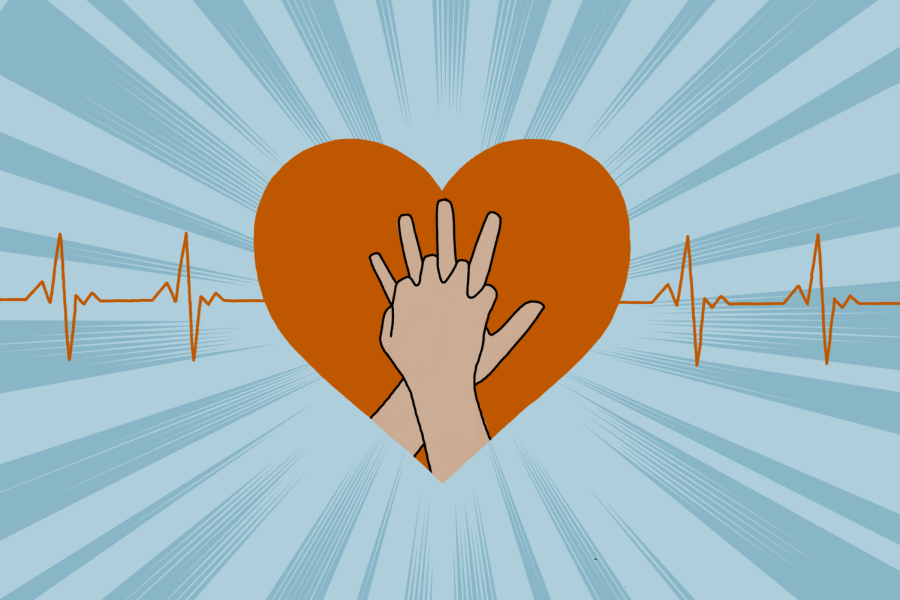UT should have a CPR certification day
January 29, 2023
The Bee Gees have long been a band of immense popularity. While their music may be well past its prime, one of their songs continues on and even helps save lives. According to the American Heart Association, when performing CPR, you should exercise chest compressions to the beat of “Stayin’ Alive.”
Unfortunately, the importance of CPR remains lost on a majority of individuals. Indeed, a survey by The Washington Post found that 54% of Americans don’t know how to perform CPR. In light of this, UT must step forward to increase this statistic by implementing a CPR day for the campus community.
Barbara Carter, a staff member of the University who is trained in CPR, explained why she believes more people around campus should be certified.
“Anything can happen anywhere to anybody,” Carter said. “Nobody should have to decide to ask, ‘is anyone here a doctor, or a nurse?’ If anybody could do CPR and save somebody’s life, that would be great.”
Other universities have held similar events in the past. For example, in November 2019, Montclair State University’s emergency medical services and school of nursing collaborated to host a hands-on CPR day where the campus community learned the basic principles of CPR. UT could easily hold a similar event.
The UT Health and Safety Training Center declined to comment on the issue.
Some students believe that regardless of CPR training, without official CPR certification, they are still unqualified to use the technique in an emergency scenario. However, while official certification is important and provides people with thorough training, being uncertified shouldn’t prevent someone from saving a life.
The Center for Disease Control and Prevention states that anyone can and should perform CPR when a life is at stake, so long as they know the proper steps to do so.
During cardiac arrest, the heart cannot properly pump blood to the rest of the body. Thus, death can happen in minutes unless CPR is administered until proper medical services arrive, as CPR compressions help keep blood flowing throughout the body.
The only background knowledge many students have on CPR is the limited information they received in their high school health class. In this way, implementing a CPR day on campus can help establish a community where everyone can provide assistance at a moment’s notice.
Guzman is a social work and sociology sophomore from Austin, Texas.











